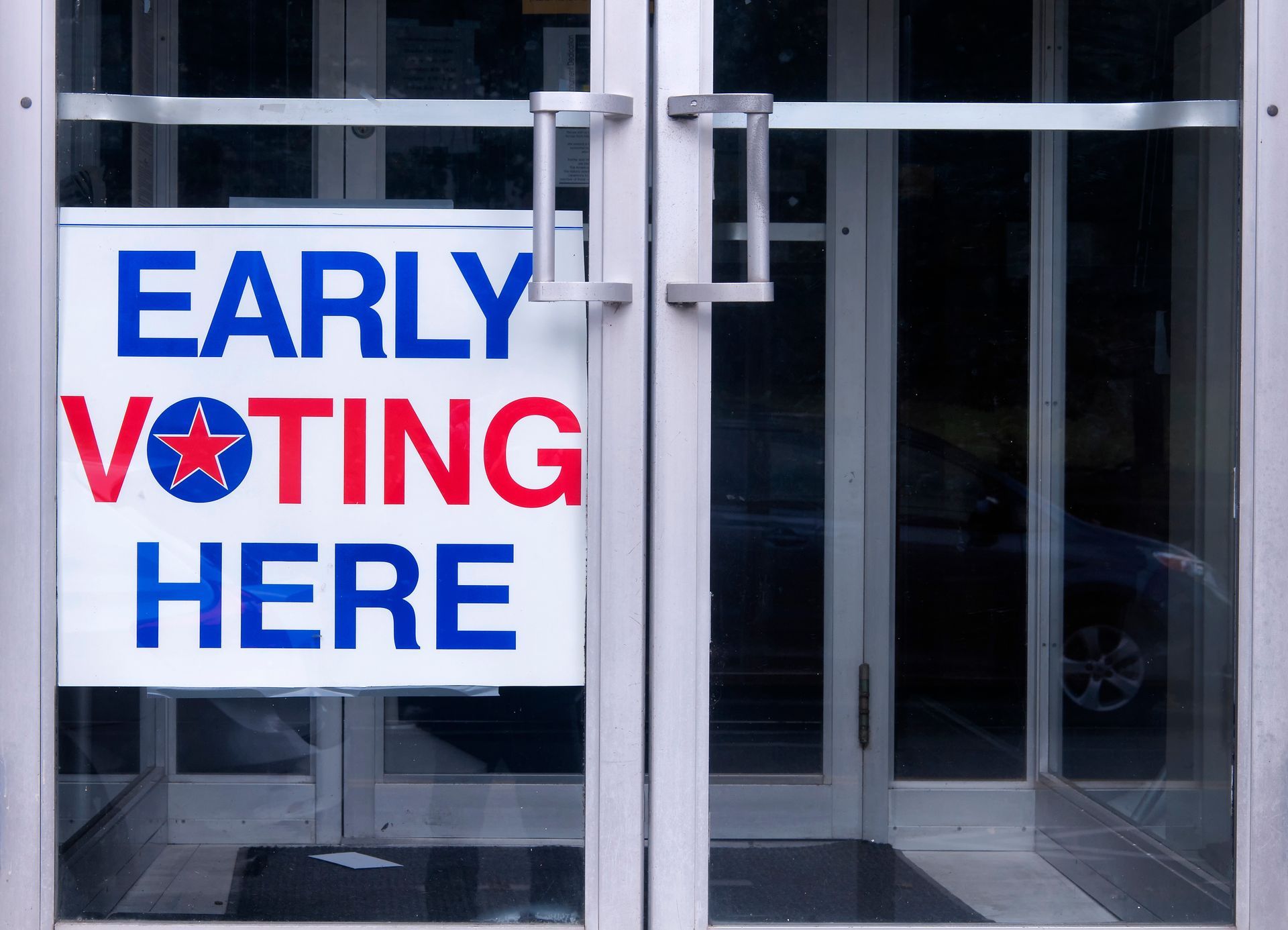
In Minnesota, patients are guaranteed a range of protections through the Patient Bill of Rights. This legal framework is designed to ensure that patients receive appropriate and respectful care, with clearly defined rights that protect their well-being, privacy and access to information.
Minnesotans who believe their rights have been violated may benefit from contacting a civil rights or medical malpractice attorney to discuss their legal options.
What Is Minnesota’s Patient Bill of Rights?
The Minnesota Patient Bill of Rights is a set of regulations that applies to all licensed healthcare facilities in the state, including hospitals, clinics and nursing homes. It is enforced by the Minnesota Department of Health (MDH) and establishes the rights of patients when receiving care. The law requires patients be treated with respect, dignity and fairness, and guarantees a set of protections related to care, treatment and patient information.
Key Protections Under the Minnesota Patient Bill of Rights
The Right to Respectful and Non-Discriminatory Care
Patients have the right to receive care that is free from discrimination based on race, color, religion, sex, national origin, sexual orientation, disability or financial status.
The Right to Information
Patients have the right to be fully informed about their medical condition, treatment options and any potential risks involved in their care. Healthcare providers must explain medical procedures and treatments in a way that is understandable to the patient, allowing them to make informed decisions.
The Right to Refuse Treatment
Patients in Minnesota have the right to refuse any medical treatment. However, patients should be aware that refusing treatment may come with certain risks, which must be explained by the healthcare provider.
The Right to Privacy and Confidentiality
Healthcare providers are legally required to protect the privacy and confidentiality of a patient’s medical records and personal health information. Under the federal Health Insurance Portability and Accountability Act (HIPAA) and Minnesota’s Patient Bill of Rights, patients can expect that their health information will only be shared with authorized individuals, unless they give permission otherwise.
The Right to Access Medical Records
Patients have the right to view and obtain copies of their own medical records upon request.
The Right to Pain Management
The Patient Bill of Rights entitles patients to receive adequate pain management. This includes being evaluated for pain and receiving treatments that are effective and appropriate to the level of pain the patient is experiencing.
The Right to Complain and Seek a Remedy
Patients who feel their rights have been violated or are dissatisfied with the care they’ve received have the right to file a complaint. This may include complaints about mistreatment, inadequate care or negligence.
What to Do if Your Rights Are Violated
File a Complaint with the Healthcare Provider
Before escalating the situation, it may be helpful to file an internal complaint with the healthcare facility or provider in question. Many healthcare organizations have a formal grievance process that allows patients to raise concerns and seek resolution.
Report Violations to the Minnesota Department of Health (MDH)
If filing an internal complaint doesn’t resolve the issue, patients can contact the Minnesota Department of Health. The MDH has a division dedicated to investigating complaints related to patient care and violations of the Patient Bill of Rights. The department can take action against healthcare providers, which may include fines, penalties or other disciplinary measures.
Seek Legal Assistance
In cases where serious violations occur such as medical negligence, discrimination or breaches of confidentiality, patients may want to consider contacting an experienced attorney. A lawyer experienced in civil rights and malpractice may be able to provide guidance on your situation and help you determine whether your case merits a lawsuit or legal intervention.
Legal actions may involve claims related to medical malpractice, civil rights violations or other healthcare-related issues.
Legal Resources for Patients in Minnesota
For individuals who believe their rights have been violated, there are a variety of legal resources available:
- Minnesota Attorney General’s Office: The Attorney General’s Office provides information and resources related to patient rights. Patients can file complaints regarding the treatment they received from healthcare providers.
- Medical Malpractice Attorneys: If the actions of a healthcare provider resulted in physical, emotional or financial damages, a malpractice attorney can help you pursue compensation. They can also advise you on whether a medical facility or practitioner has violated state law and whether they may be liable for the harm you suffered.
- Minnesota Department of Health Complaint Hotline: The MDH has a toll-free hotline (1-800-657-3506) where patients can report suspected violations of the Patient Bill of Rights.
Seek Legal Assistance for Patient Rights Violations in Minneapolis–St. Paul
If you believe your rights as a patient have been violated, or you are navigating a complex healthcare-related legal issue, don’t hesitate to seek professional legal advice. Let our team of referral counselors at the Minnesota Lawyer Referral and Information Service (MNLRIS) connect you with an experienced local lawyer today. Contact us here on our website or give us a call at (612) 752-6699.




